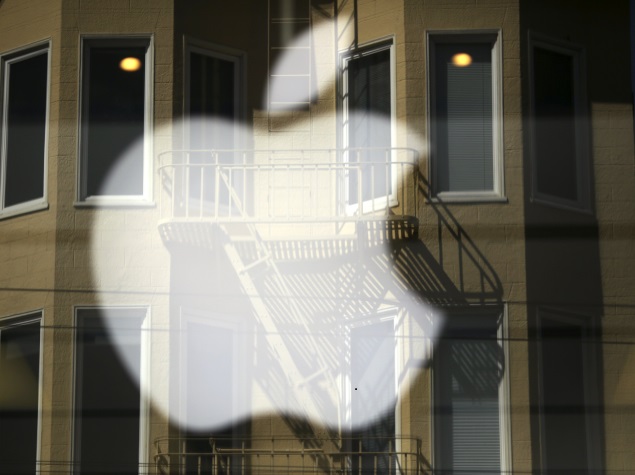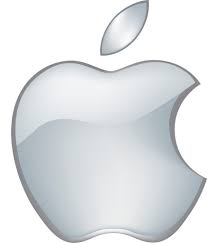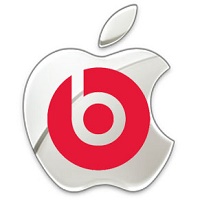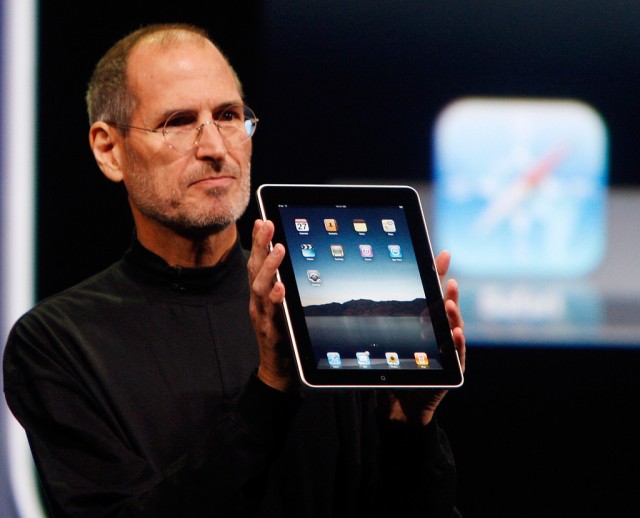There’s one thing executives at Apple would like you to know about their decision to buy Beats Music: Apple really loves humans. It loves us in the general sense — the company believes we’re better than computers at deciding what kinds of music we like — and it loves the specific humans who run Beats, especially the company’s founders, the music impresarios Dr Dre and Jimmy Iovine.
“This whole idea of human curation we think is huge,” Timothy D Cook, Apple’s chief executive, said in an interview. He was referring to the Beats streaming service, which enlists a group of musically savvy tastemakers to shape listeners’ playlists. Competing services like Spotify rely on data-driven algorithms to select the music. “It’s something that a technology company alone wouldn’t do,” Cook said. “Everybody would be focused on the zeroes and ones and how to make it machine learning, and forget about the human approach to it.”
There’s no small amount of hype here. After all, Spotify has been able to sign up 10 million subscribers, compared with just a few hundred thousand for Beats. So the contention that human-selected music is superior seems suspect.
Yet Apple’s emphasis on the human angle of Beats provides an intriguing peek into how Apple sees itself — and how executives want customers to think of Apple.
If Silicon Valley is known, in the popular imagination, as a place bent on replacing human judgment with algorithmic efficiency, Apple wants to hold itself up as the one tech company that stands proudly against that trend. The company has long played up the personal dimension of tech. But the Beats deal, as well as several recent hires from the realms of luxury fashion and design, point to the firm’s growing interest in human curation and, especially, culturally savvy expertise. Apple is doubling down on tastemakers.
In addition to Dr Dre and Iovine, the firm recently hired Angela Ahrendts, the former chief executive of Burberry, to lead its retail division. Last year it hired Paul Deneve, who used to run the fashion house Yves Saint Laurent, to work on unspecified special projects. It also scooped up Ben Shaffer, who led the team that designed Nike’s innovative Flyknit running shoe. And at the top of this pyramid sits Jonathan Ive, Apple’s celebrated design chief, who now oversees both hardware and software design across the firm’s product lineup.
One interpretation of Apple’s growing attachment to high culture is that we’re witnesses to an inevitable reinvention, the first clear signs of what the company might become after the death of Steve Jobs, in 2011. Ben Thompson, who writes the tech analysis site Stratechery, recently argued that the Beats deal suggested that Apple was transforming into a fashion house itself — a company that “seeks to transcend computing, demoting technology to an essential ingredient of an aspirational brand that identifies its users as the truly with it.”
Thompson argued that the marketing shift could prove financially savvy in Asian markets, the most important areas for Apple’s long-term growth, where fashion brands are coveted and command premium prices. In an increasingly cutthroat tech business, where every technical innovation quickly becomes a cheap commodity, Apple’s emphasis on design, luxury and the perception that its services are meticulously curated by cultural experts might prove more lasting.
On the other hand, there is a more practical explanation for Apple’s interest in grabbing up a stable of cultural tastemakers: It takes all these people to replace Jobs.
In the past, Jobs stood as Apple’s sole authority on taste, the perfectionist who obsessed over every colour and every material in every product, and whose interests ranged across cultural categories, from industrial design to music to retailing. His decisions weren’t always right — he was initially opposed to third-party apps on the iPhone, among other errors — but the perception that he had personally shaped customers’ devices was, at the very least, a handy marketing tool for Apple. Technology is complicated, and in a crowded market, every Apple product stood out with an implicit guarantee. Jobs, a tastemaker like no other, had taken care of all the hard work. Now you just had to use it.
In picking up gurus from fashion and music, and by emphasizing Apple’s commitment to human curation over algorithmic decision-making, Cook may be aiming to optimize what has always been Apple’s core strength, and what it lost when Jobs died: Human perspective and taste. Jony Ive, Angela Ahrendts, Paul Deneve, Ben Shaffer, Dr Dre and Jimmy Iovine — think of them as Apple’s Jobs Team.






